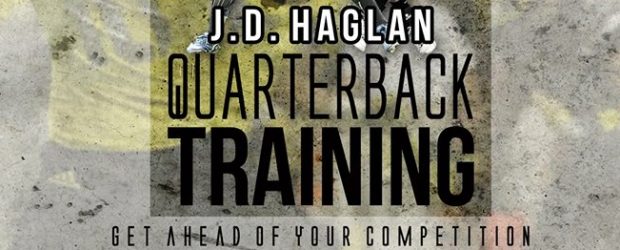Hall of Fame inductee Jimbo Covert insists athletes need to do more than excel on the field — they need to be role models.
“It’s up to them to conduct themselves in a professional manner
and in a way that if their own kids were looking at them, their
kids would be proud,” Covert said at the College Football Hall of
Fame’s enshrinement breakfast on Friday.
Covert, a star tackle at Pittsburgh, will be enshrined into the
hall Saturday along with 21 others, including Notre Dame’s Joe
Theismann, Oklahoma State’s Barry Sanders and Darrell Green, who
played at Texas A&I, now known as Texas A&M-Kingsville.
The inductees will take part in a youth football clinic and a
flag football game before attending the enshrinement dinner
Saturday night.
Covert played on some of Pitt’s best teams from 1978-82, helping
to protect Dan Marino as part of an offensive line that included
Russ Grimm and Mark May, who also became outstanding NFL linemen.
Covert, who later played for the Chicago Bears, said he is
disappointed some athletes won’t accept the responsibility that
comes with being a public figure.
“Someone may say they’re not a role model, but a kid sitting
out in Wichita doesn’t see it that way,” he said. “He sees him as
an idol, someone he wants to look up to him and be like. It’s
unfortunate when people don’t take that seriously.”
Covert said he was fortunate to have outstanding role models
throughout his life, starting with his parents. He said one of the
most influential people for him was a neighborhood boy named J.D.
Haglan, who went to Clemson on a football scholarship. Covert said
he saw how hard Haglan worked to become a standout.
“When other guys were going in after practice, he would stay
out and work out just a little bit longer, throw a couple more
footballs, do a couple more drills. He did the little things that
he needed to do to be a better football player,” Covert said.
“That’s why he was much better than anybody else.”
When Covert got to Pittsburgh, defensive end Hugh Green became a
role model because of how hard he worked and because of the
leadership he provided.
“He had No. 99 and I wanted to get No. 98. I wanted to be just
like him,” Covert said. “The problem was, I couldn’t run as fast
as him or hit as hard as him. I just wanted to be like him.”
When Covert got to the Chicago Bears, he found another role
model in Walter Payton.
“The things he did both on and off the football field really
inspired me to try to do some of the same things, from a leadership
standpoint and from conducting yourself as a true professional.
That’s who Walter Payton was,” he said.
One of the most gratifying things for Covert is when people say
he was a role model for them.
“I just thank God that I didn’t do anything to embarrass myself
or make people think I wasn’t a good role model,” he said.
